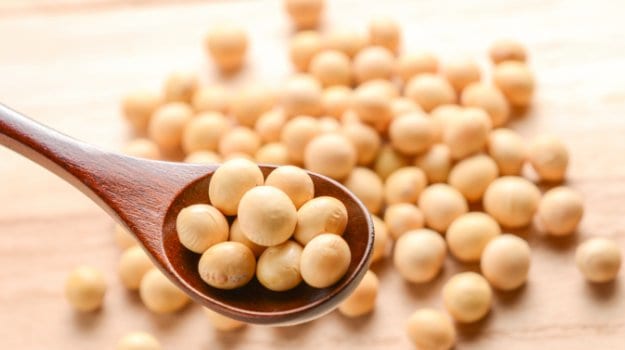Over the years, a lot has been said about the health benefits of soy – with experts highlighting the importance of including soy products in your diet. Conversely, women diagnosed with breast cancer were often told not to eat soy foods or soy-based supplements because they can interfere with anti-estrogen treatment.However, new research presented at American Association for Cancer Research (AACR) Annual Meeting in Pennsylvania could challenge that advice because in animals, a long history of eating soyfoods boosts the immune response against breast tumors, reducing cancer recurrence.
“I am concerned that some patients may start taking soy supplements when they shouldn’t and that others will stop eating soyfoods when they could really benefit from them,” says the study’s lead investigator, Leena Hilakivi-Clarke, PhD, professor of oncology at Georgetown Lombardi Comprehensive Cancer Center, where the study took place.The notion that soy, specifically genistein (an isoflavone), can stimulate the growth of breast cancer cells and disrupt anti-estrogen treatment has been based on studies in mice that do not have immune cells known as cytotoxic T cells, known to attack breast cancer. This led oncologists to advise their breast cancer patients not to eat soy foods.
The researchers found that in rats fed soy, specifically genistein (an isoflavone - organic compound), since before puberty, the T cell immune response was activated already before they started treatment with tamoxifen (an anti-estrogen therapy). Also, during the treatment, the tumour's attempt to hide from an immune system attack was thwarted."Our results suggest that genistein's ability to activate anti-tumour immune responses and reduce expression of immunosuppressive mechanisms may explain why lifetime genistein intake reduces risk of breast cancer recurrence," Hilakivi-Clarke noted."But it is critical that genistein is consumed well before a tumour develops to program the tumour to exhibit good immune responses," Hilakivi-Clarke's doctoral student Xiyuan Zhang, the lead author of the current study, noted."This work suggests it is okay to continue consuming soy foods during breast cancer treatment," said the study's lead investigator Leena Hilakivi-Clarke.
With inputs from IANS








